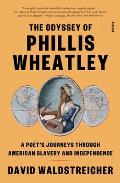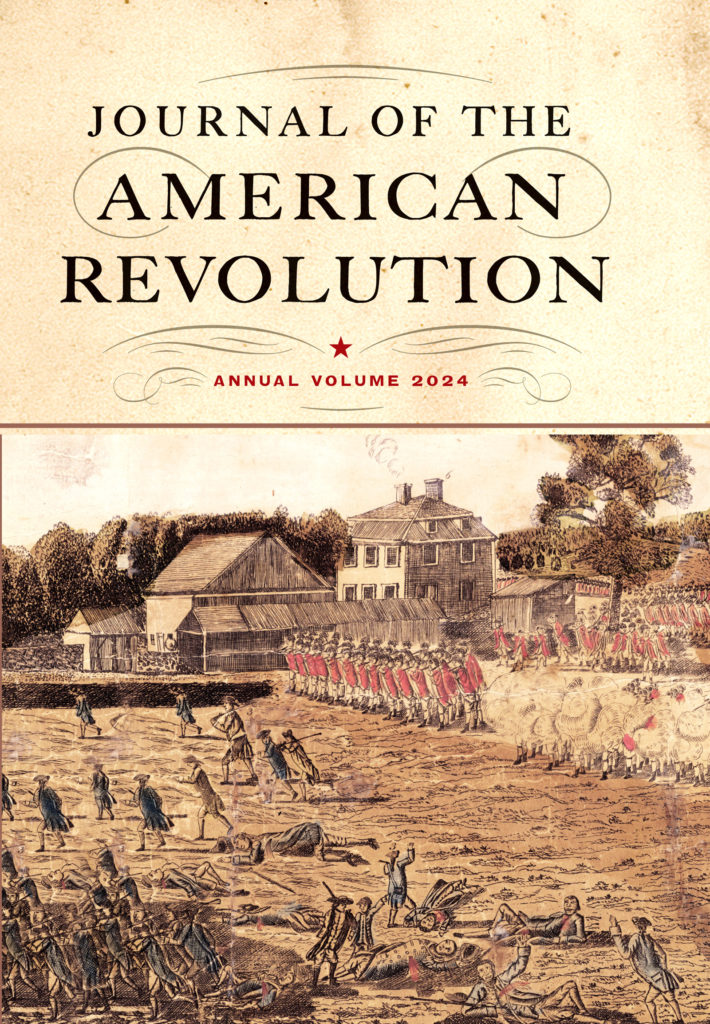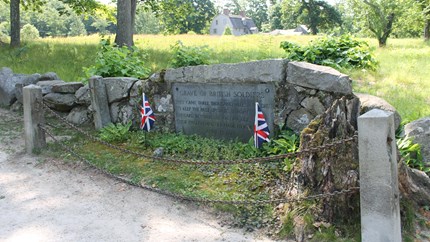“His Business immediately calling him back to Quebec”
He sailed back to Québec at the end of the year, apparently to scout for business opportunities, only to have his ship iced in.
In the winter of 1761 Malcom made a month-long trek over lake and land back to Boston.
So what do we hear about him doing next? Moving to Québec!
In the 16 Feb 1761 Boston Gazette Malcom announced:
Boston 9 February 1761.I’d think he could have written to Power directly, but advertising in the newspaper might have carried some legal weight.
THIS Day came to Town John Malcom, from Quebec in Canada, and desires one Thomas Power a Suttler at Halifax, immediately to come to Boston and settle all his Accompts with said Malcom without fail, as his Tarry at Boston cannot be long, his Business immediately calling him back to Quebec before the Lakes breaks [sic] up.
On 2 March, the captain told Boston Gazette readers:
JOHN MALCOM will set out this Day Week [i.e., one week from today] for Quebec, by the Way of Albany, Lake George, Crown-Point, Montreal and Trois-Rivieres; and will receive Letters to carry to each Place at Mr. John Scollay’s Shop near the Town-Dock.Perhaps, I thought, he was just going back to pick up his ship and sail it ’round to Boston again. But no, on 6 April his wife advertised in the Boston Gazette:
All Persons to whom John Malcom of Boston is indebted, are desired to bring in their Accounts to Sarah Malcom in order for Payment, as she intends soon to go out of the Province; and all indebted to said Malcom, are desired to make Payment to her directly. Said Malcom has a very commodious House at New Boston to Lett, with three Rooms on a Floor, and very good Accommodations.In this case, “New Boston” meant what was also known as the West End. That side of the peninsula was less densely built up than the areas closer to the outer harbor.
The Malcoms evidently settled in Québec to help integrate one of the British Empire’s newest provinces into its trading system—and make money along the way. The captain maintained ties with Boston, though. Malcom announced in the 21 Feb 1763 Boston Gazette that in about ten days he was sailing his ship Friends up to Québec and could take freight or passengers.
Younger brother Daniel might have gotten involved in this trade, too. In the 25 Apr 1763 Boston Post-Boy, he advertised:
As DANIEL MALCOM intends to leave Boston for Quebec in 10 or 15 Days; any that has Demands on him are desired to apply to him. And any Persons indebted to said MALCOM are desired to pay him, or come and give their Note on Interest.—N.B. Said MALCOM goes by Land to Quebec.Daniel doesn’t appear to have stayed in Canada for long, though. Church records and newspapers show him and his wife Ann in Boston at several points in the mid-1760s.
For the next few years John Malcom kept Québec as his trading base. But he didn’t keep out of trouble.
TOMORROW: An international incident.























